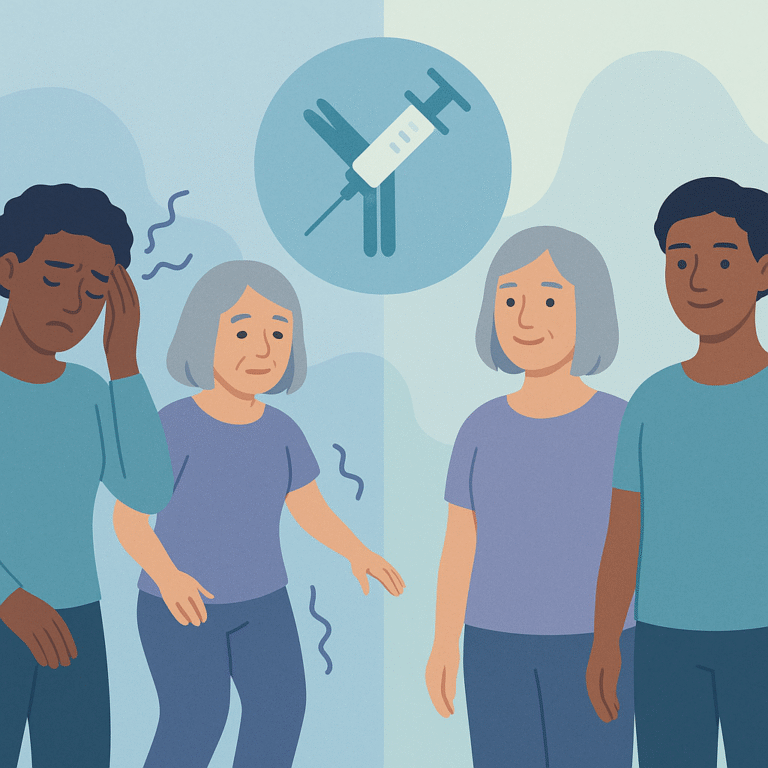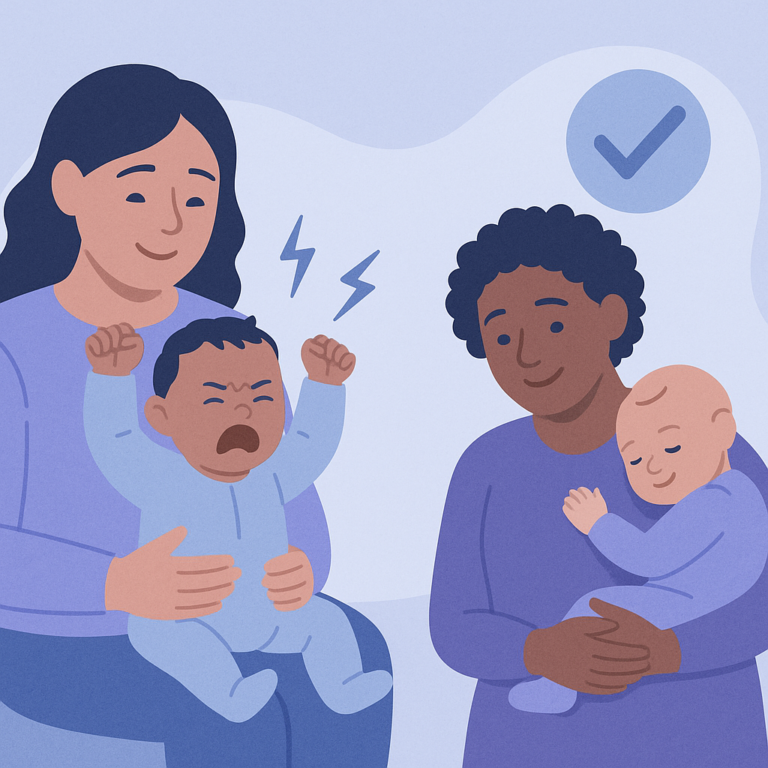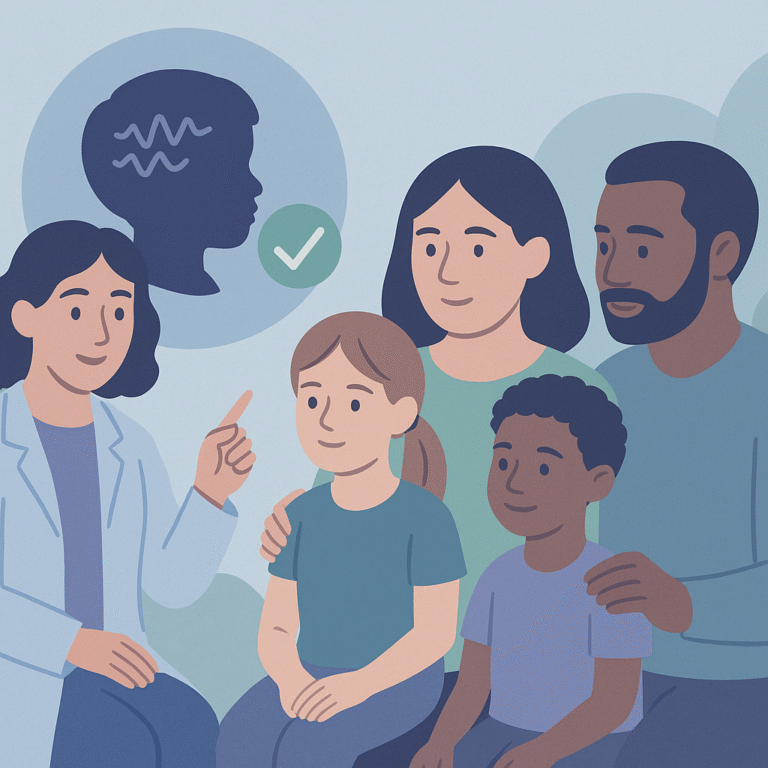Cenobamate Shows Promise for Treating Lennox-Gastaut Syndrome
Source: Epilepsy & behavior : E&B
Summary
A study was conducted to evaluate the effectiveness and safety of a medication called cenobamate (CNB) in treating patients with Lennox-Gastaut Syndrome (LGS), a severe form of epilepsy that often starts in childhood. The study included 16 patients, both children and adults, with a median age of 20 years. These patients had been experiencing multiple types of seizures that were difficult to control with other treatments. They were monitored for an average of about 735 days while taking CNB.
The results showed that cenobamate was effective for many of the patients. About 75% of them had a reduction in seizures of more than 50%, and some experienced complete seizure freedom for extended periods. However, a few patients did have an increase in seizures after starting the medication, particularly at higher doses. Side effects were reported in nearly half of the patients, with common issues being drowsiness and coordination problems, but many also experienced positive changes in mood and behavior.
This study is important because it suggests that cenobamate could be a helpful addition to treatment options for people with LGS, especially those who have not responded well to other medications. However, the study had a small number of participants and was conducted at a single center, which means more research is needed to confirm these findings and understand the long-term effects of the medication.
Free: Seizure First Aid Quick Guide (PDF)
Plus one plain-language weekly digest of new epilepsy research.
Unsubscribe anytime. No medical advice.





